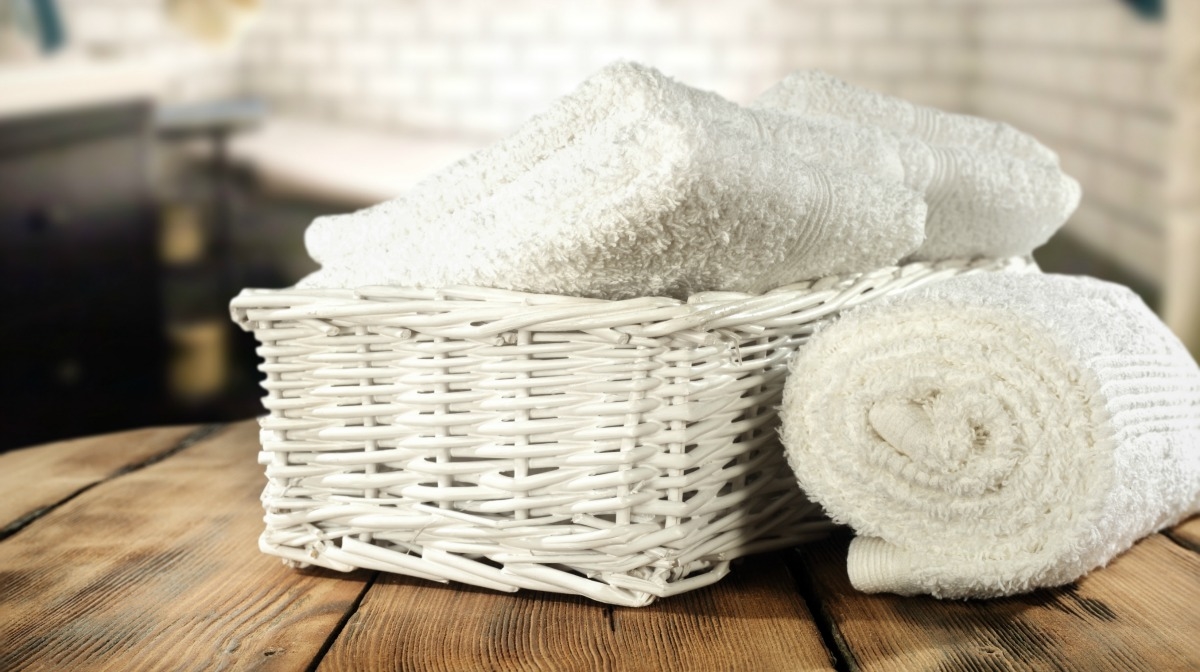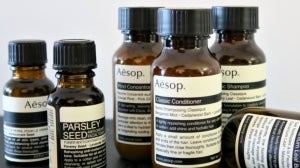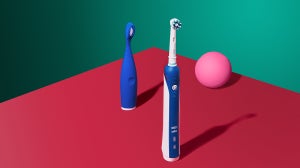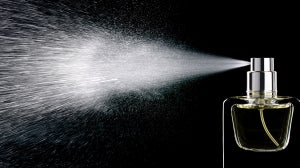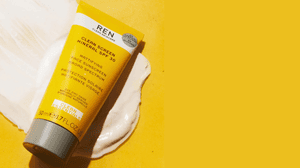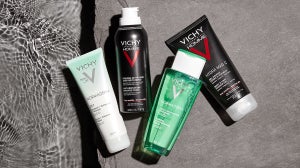
If you haven't already, make sure you read our 'Curating Your Skincare Routine' post. It'll give you the basic know-how on starting to create your skincare routine. If you're clued up and ready to take the next steps in tackling your dry skin, we're here for you.
Dry skin occurs when the levels of sebum in your skin are lower than normal. It can happen due to many reasons, including ageing, cold weather, hot showers and certain skincare products. Whether it is caused by external factors or is just a genetic problem, you'll be happy to know that it can be helped.
How Do You Know If You Have Dry Skin?
Dry skin is probably one of the easiest skin types to notice, it naturally feels taut and it will appear to have a rougher texture. Cleanse your face and leave it without skincare on for around an hour. If your skin feels tight and shows flaky or dead skin, your skin is on the drier side. To confirm for sure that your skin is dry, you can place some tissue on your face, and if little to no oil transfers, your skin type is dry.
If you feel that your skin may be either oily or combination, we have specific posts for you.
What Ingredients Should You Look Out For?
Regardless of where you're up to in your skincare journey, it's worth knowing a couple of the top ingredients we recommend to look out for. If some of them are present in your skincare, you can know that they have properties good for dry skin. It's also worth looking for products that are labelled ‘suitable for dry skin’, because you'll know you're on the right track.
Glycerin: A skin replenishing and restoring lipid which is found naturally in the skin. Helps to maintain moisture and defend against dryness.
Shea Butter: Known form improving a number of skin conditions, including dryness, exzema and dermatitis. Helps to heal and repaire the skin.
Squalane: Naturally occuring in the skin, squalane mimcs the skins natural oils. It rapidly penetrates the skin, helping to moisturiser deeper and more effectively.
Antixoidants: Antioxidants help to protect the skin from free radicals, which can damage skincells. Look out for Vitamin E, C, Retinol and Green Tea.
Aloe Vera: Helps to soothe and calm any redness. It's also a great moisturiser and is believed to have anti-ageing properties.
What Products Should You Try?
You're probably sick of us mentioning this, but every skin care routine should at least have a cleanser, toner and moisturiser. For anyone with drier skin, it is definitely worth considering an exfoliator, a serum and potentially a face mask. You don't have to get each product at one time, but consider adding them to your routine at a later date.
Here are some of our favourite skincare products, suitable for dry skin:
Last week we covered Oily skin – did you check that out?

